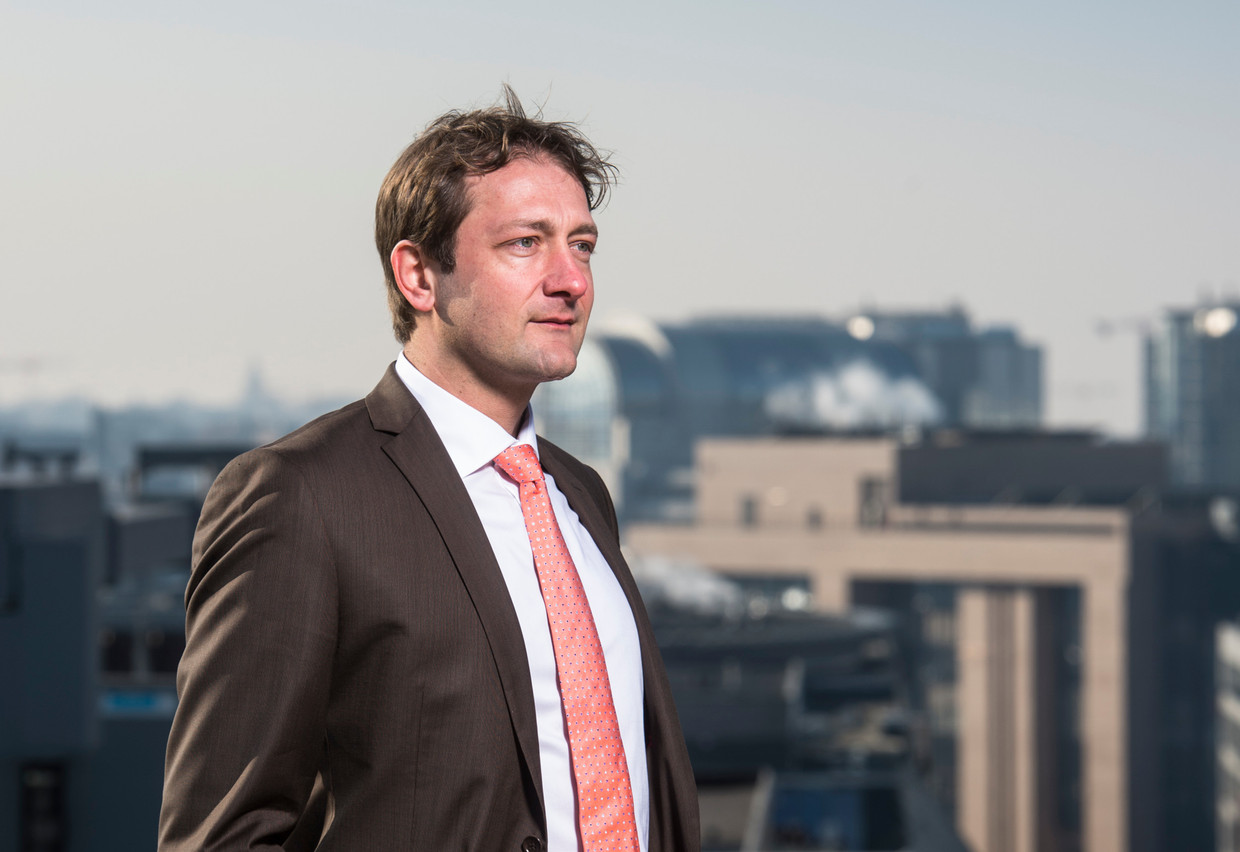Hansen, who is also secretary general in the CSV leadership team, discusses how strategic this function is to serve the interests of Luxembourg, which hosts European Parliament offices.
You have been elected quaestor at the European Parliament. What does this role actually involve?
Christophe Hansen: The role of the quaestor is very broad. It is a bit like being a class representative of the other MEPs. Together with my four colleagues, we represent the interests of the MEPs in the event of conflicts between the administration and the MEPs. These conflicts can be, for example, financial in nature. But it can also be about anti-harassment complaints, which is a very sensitive issue.
And as members of the European Parliament’s bureau, we are competent for all decisions taken on the functioning of the parliament. For example, in times of crisis: how to vote? Which people can enter the parliament? There is also a working group on technological innovation, where we discuss what equipment to work with, or what innovations are needed.
Is this a strategic position?
We are the first to know when something is going to be decided in parliament, which gives us a strategic advantage. Because of this early information, we still have the means to act and to organise concrete actions. But it is actually more strategic for Luxembourg than for others.
How so?
As members of the bureau, we are also informed and included in all discussions concerning the parliament’s workplaces, the buildings, the recruitment of staff--an issue that is very important in Luxembourg, as the parliament’s workplace.
Astrid Lulling, the last quaestor the country had, was thus decisive in getting the Konrad Adenauer building built in Luxembourg, which ensures the continuity of parliament’s presence in the country.
It therefore ensures that the European institutions remain in Luxembourg?
The French are also very interested in such a position so that they can be informed as soon as possible in the event of initiatives against the headquarters in Strasbourg. The Luxembourgers and the French are allies in this respect: if something happens to the headquarters in Strasbourg, it could cause a domino effect that would also affect Luxembourg. I have two colleagues from Strasbourg. For us, strategically, having three quaestors out of five who defend Strasbourg and Luxembourg is a good thing.
Why did you choose to apply for this post?
"Many colleagues have approached me. They know that I don't have much experience as an MEP. But between 2007 and 2014 I was assistant to Astrid Lulling, former MEP and quaestor. So I have a good network and a good knowledge of how the Parliament works.
And I am a Luxembourger, so I speak six languages. Of course, Luxembourgish is not very useful in the Parliament. But it is good that this contact person for the MEPs masters several working languages of the EU.
Is there a lot of competition for this position?
It is sought after, but it is also a lot of responsibility and extra work, so you have to take it on. But it’s not so easy to get into these positions. Our own political group has to nominate the person as an official candidate. Then you need the support of the plenary. It was a challenge: I’ve been here since September 2018, so relatively little time. And with two years of remote operation, during which many people were teleworking, it was difficult to meet people in person.
How did you receive support from the plenary?
I had some big files. For example, I was rapporteur on Brexit. 17 committees gave me an opinion on my report. So I was in contact with all these parliamentary committees, with all their spokespersons, so I was able to build a good network. They remember it, which helped me to have this quite substantial support in plenary.
I had also made arrangements with the other political groups to ensure that I had enough support. This worked out rather well, as I was elected second.
When did you take office?
We had the first constitutive meeting of the College of Quaestors on Tuesday morning. This is chaired by each of the five quaestors for six months, in the order in which they were elected. My colleague Anne Sander chaired the first meeting. I will take over the chair in July until December.
This interview was first published in French on . It has been translated and edited for Delano.
